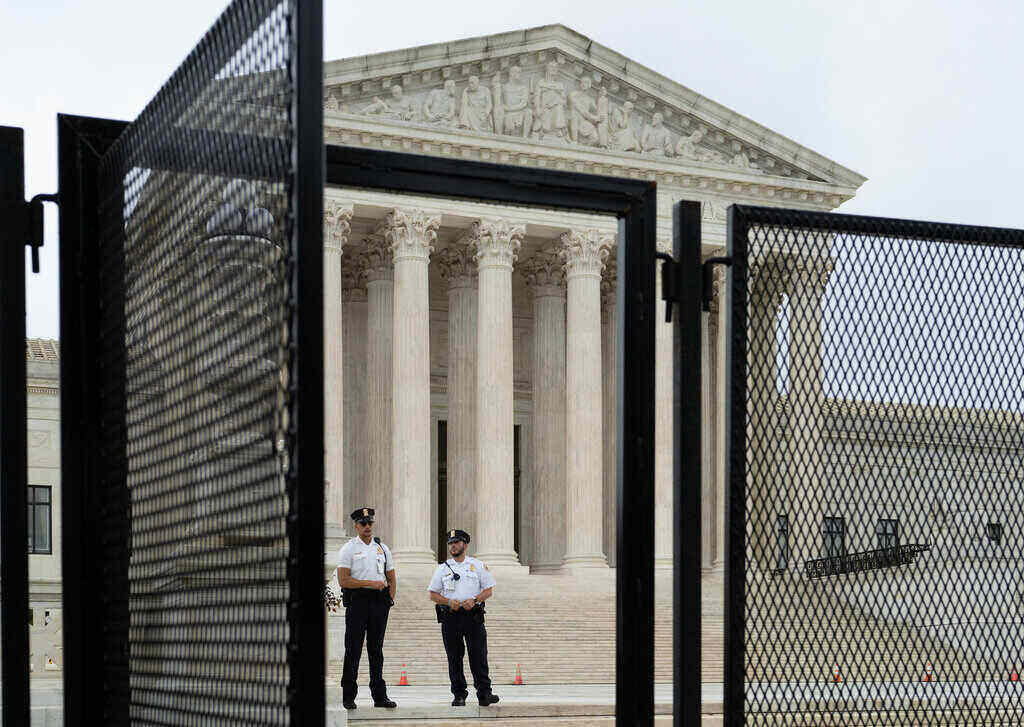Breaking News
Maine’s Removal of Religious School Aid Denied by Supreme Court

The Supreme Court rejected a push by the state of Maine to deny aid to religious schools. The court made the ruling Tuesday requiring the government to give the same treatment to all schools under its aid.
The Ruling in Maine
The ruling came as a result of Carson v. Makin. The ruling was a 6 to 3 vote; the three against were the Supreme Court’s liberal justices. The specifics of the case surrounded a Maine program that governed rural community education. These rural areas could either get into contracts with local public schools or pay tuition at an approved private school. The school had to be “a nonsectarian school in accordance with the First Amendment of the United States Constitution.” Essentially, it had to have no religious affiliations. The law was opposed by families who felt the law was infringing on their right to exercise their faith. Temple Academy in Waterville, Maine, and Bangor Christian Schools were at the center of this case. Both encourage the integration of biblical leanings in all subjects taught in class. They wish to create “within each student a Christian worldview and Christian philosophy of life.”
Past Precedence Like the One in Maine

Courtesy of Victoria Pickering (Flickr CC0)
A similar case called Espinoza v. Montana Department of Revenue occurred in the state of Montana. The Supreme Court ruled that religious schools should be allowed to access scholarship programs for private school students. Chief Justice John G. Roberts Jr. criticized the provision in the state’s constitution that banned aid to schools run by churches. Justice Roberts thought that the state was discriminating against religious people and schools with the provision. He reasoned that this came into conflict with the U.S. Constitution’s protection of the free exercise of religion.
A state need not subsidize private education, but once a state decides to do so, it cannot disqualify some private schools solely because they are religious.
Both the Maine and Montana decisions were in favor of religious schools, but may not fully protect them in other areas. Justice Roberts added that the ruling applied to the status of these schools and not necessarily their curriculums. He believes that there may be a difference between an institution’s religious identity and its conduct.
We acknowledge the point, but need not examine it here.
The Supreme Court and the Church
This Maine decision seemed to resolve the issue of aid access to religious schools. The Supreme Court has always allowed states to decide to give aid to all private schools. The Maine decision was about whether states could deny religious schools the same aid that is given to private schools. Critics see the decision as another thing eroding the separation of church and state. A dissent was written by Justice Stephen Breyer, along with Justice Elena Kagan and Justice Sonia Sotomayor. The Justices worry that states will have to choose between funding religious activities they disagree with or not giving vital student aid at all.
Written by Chiagozie Onyewuchi
Edited by Sheena Robertson
Sources:
The New York Times: Supreme Court Rejects Maine’s Ban on Aid to Religious Schools; by Adam Liptak
CNN: Supreme Court says Maine cannot exclude religious schools from tuition assistance programs; by Ariane de Vogue, Tierney Sneed and Chandelis Duster
Featured, Top, and Inset Image Courtesy of Victoria Pickering’s Flickr Page – Creative Commons License






